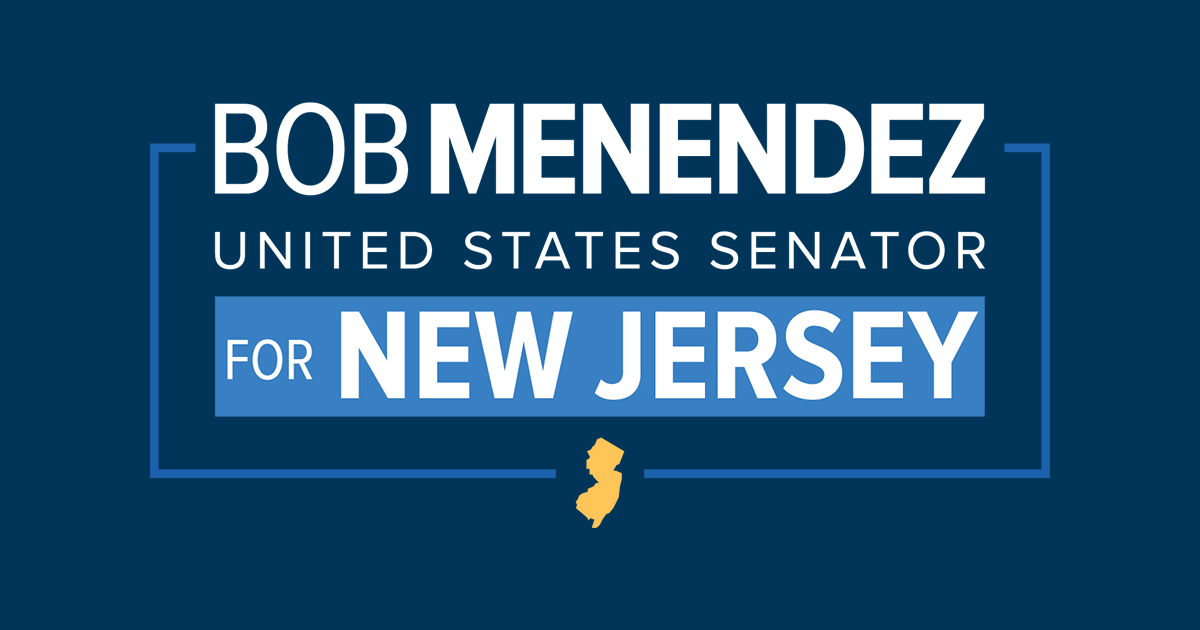Source: United States Senator for New Jersey Bob Menendez
WASHINGTON, D.C. – U.S. Senator Bob Menendez (D-N.J.), a senior member of the Senate Banking Committee, today questioned U.S. Treasury Secretary Janet Yellen about the economic consequences of repealing Roe v. Wade for women and families across the country.
“The ability to have full control over one’s reproductive health has real world economic consequences,” stated Sen. Menendez. “According to the Institute for Women’s Policy Research, current state-level abortion restrictions already cost the U.S. about $105 billion annually due to reduced earnings levels, increased job turnover, and time off for women…For half of the population in America, eliminating a right that has existed for half a century, particularly for low-income and minority women who have already shouldered much of the burden from the COVID pandemic would be a disaster.”
In responding to Sen. Menendez, Sec. Yellen emphasized how overturning Roe v. Wade and eliminating access to reproductive health care “would have very damaging effects on the economy and would set women back decades.”
The Institute for Women’s Policy Research (IWPR) estimated last year in a study that Mississippi, whose restrictive state abortion law is at the center of the Supreme Court’s leaked draft opinion indicating it is poised to overturn Roe v. Wade, could suffer from just over $1 billion in economic losses due to its abortion law. According to the IWPR, 505,000 more women of reproductive age would be able to participate in the workforce and earn about $3 billion annually if all the current state-level abortion restrictions are eliminated.
[WATCH FULL QUESTIONING HERE]
Sen. Menendez also commented on how addressing the immigration visa backlog could help reduce labor shortages and shore up the nation’s supply chain. As of March 2022, there were two job openings for every unemployed American actively seeking work. The industries currently facing the worst labor shortages include construction; transportation and warehousing; accommodation and hospitality; and personal services businesses like salons, dry cleaners, repair services, and undertakers.
“The Federal Reserve Chair, [Jerome] Powell, has acknowledged that part of the labor shortage is being fueled by an inordinately high number of retirements. And according to the most recent figures from the Bureau of Labor Statics, there are now two job openings per unemployed worker in the country. In short, we just don’t have enough people to replace those who are leaving the labor force. Thankfully, there are thousands of hardworking immigrants who are willing to work in the United States if Congress would simply let them,” the Senator added. “…Even leading business groups agree that robust immigration reform is urgently needed to address our labor shortage.”
The Senator lastly asked Sec. Yellen about how investing in child care can bolster the nation’s labor market and fuel greater economic recovery. The U.S. is facing an affordability crisis when it comes to the rising costs and inaccessibility of child care services. In 2020, the annual infant care cost in New Jersey was an average of $12,988, or approximately 14.6% of a families’ median income. Nationwide, childcare was one of the largest costs a family faced, averaging $12,300 a year across the country.
###
